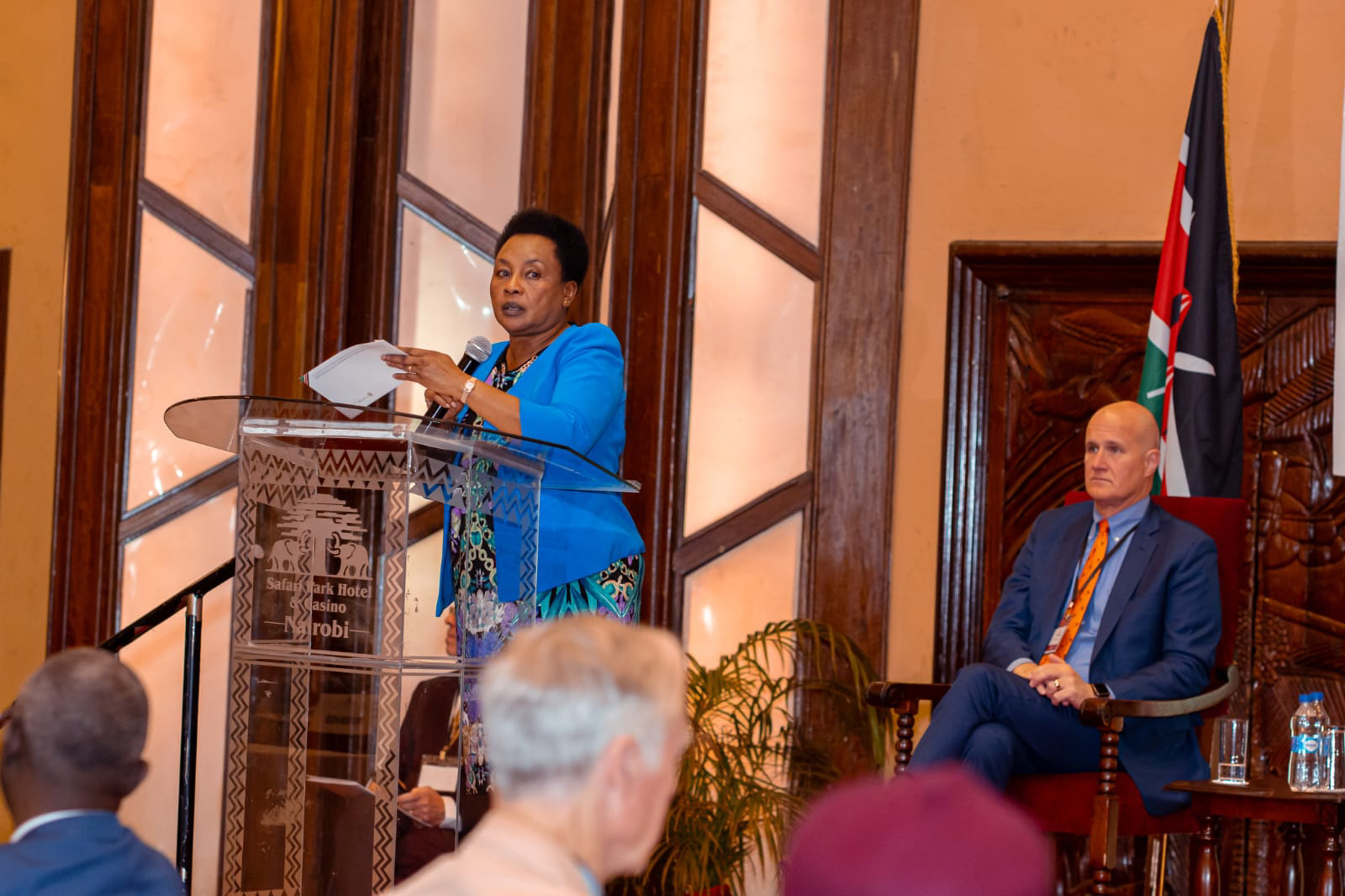Research 8020 Poll: Jubilee Presidential Candidate Leads Across Generations as 2025 Elections Approach
By [By James Nyaigoti| Nairobi, Kenya — October 31, 2025
The latest opinion survey conducted by Research 8020 has revealed that the Jubilee Party’s presidential candidate currently enjoys the highest level of support across Kenya’s generational divide — with Gen Z, Millennials, and Gen X voters showing strong alignment behind the candidate ahead of the upcoming general elections.
The findings paint a clear picture of shifting voter dynamics in Kenya, highlighting a high voter turnout intention and evolving political preferences among younger voters.
Generational Preferences: Jubilee Candidate Tops Across Age Groups
According to the survey, the Jubilee presidential hopeful leads as the most preferred candidate among Gen Z, Millennials, and Gen X voters.
Among Gen Z, traditionally seen as politically detached, an impressive 92% indicated they plan to vote, compared to 93% of Millennials and 90% of Gen X voters.
This surge in enthusiasm signals a potential record voter turnout of 91% nationwide the highest in Kenya’s electoral history if it materializes. With an estimated 22 million adult population, Research 8020 projects that roughly 20 million Kenyans will cast their ballots in the next election.
Gen Z alone could contribute 10.2 million votes, making them the most influential bloc, followed by Millennials (5.6 million) and Gen X and older generations (4.3 million).
Top Concerns Shaping the 2025 Election
The Research 8020 report also assessed the key issues driving voter sentiment.
Respondents ranked the cost of living and unemployment as the leading challenges facing the nation, followed closely by poor healthcare (47%), poor road infrastructure (40%), and corruption (36%).
Other major concerns included high taxation (32%), weak education systems (37%), insecurity and crime (24%), and food insecurity (24%).
These figures underline that economic and governance issues remain at the core of Kenya’s electoral debate, transcending regional and generational divides.
Regional Sentiment: Divided Yet Hopeful
The poll highlighted mixed perceptions of whether Kenya is heading in the right direction.
Counties such as Mandera, Nandi, River, and Umet expressed strong optimism about the country’s trajectory, while others like Nyeri, Machakos, and Narok cited significant governance and economic challenges.
Overall, the findings suggest a geographically diverse political landscape, with optimism higher in the Rift Valley and northern counties compared to parts of the central and coastal regions.
Political Popularity: Who Kenyans Like Most
Research 8020 introduced a “politician likability index,” ranking leaders based on whether Kenyans “like or dislike” them.
Leaders scoring above 60% were classified as highly liked, those between 43%–59% as average, and those below 40% as low-liking politicians.
Among the top-rated figures were Fred Matiang’i, Okio Tata, Ndindi Nyoro, and Kalonzo Musyoka all scoring above 68%.
This positions them as the most positively viewed leaders nationally.
In contrast, politicians with mid-range likability included George Natembeya, David Maraga, and Martha Karua, while a few others scored below 40%, indicating limited public appeal.
Generational Political Icons
When broken down by generation, the findings show clear differences in political heroes among Kenya’s age groups:
Gen Z:
Most popular politician — Babu Owino, followed closely by Fred Matiang’i, President William Ruto, Kalonzo Musyoka, and David Maraga.
Millennials:
Fred Matiang’i again leads, with President Ruto a close second. Kalonzo Musyoka, Natembeya, and Martha Karua trail behind.
Gen X (45 years and above):
Here, Fred Matiang’i and President Ruto are nearly tied in preference, while Kalonzo Musyoka retains strong support among older voters, consolidating his status as the Kamba region’s leading political figure.
Regional Popularity Breakdown
The poll also mapped the geographic distribution of presidential candidate support across Kenya’s 47 counties.
Fred Matiang’i emerged as the leading candidate in 22 counties, including Nyeri, Nakuru, Meru, Laikipia, Kiambu, Kilifi, Lamu, Isiolo, Kakamega, Bungoma, Samburu, and Mombasa.
President William Ruto led in 20 counties, notably in Uasin Gishu, Nandi, Bomet, Mandera, Elgeyo Marakwet, Garissa, Turkana, Machakos, and Baringo, maintaining his traditional Rift Valley base while expanding into the north.
Kalonzo Musyoka maintained dominance in the Ukambani region, leading in counties such as Kitui, Machakos, and Makueni, reaffirming his long-held influence in the region.
Deputy President Rigathi Gachagua topped in only two counties, Kirinyaga and Murang’a, his political backyard. Interestingly, Nyeri County, his home region, leaned toward Matiang’i, underscoring a gradual shift in Central Kenya’s political mood.
Governors’ Approval Ratings: Murang’a Tops the List
The study also examined governor approval and retention rates across the 47 counties.
Residents were asked whether they would re-elect their current governors if elections were held today.
The counties with the highest approval for incumbent governors were Murang’a, Embu, and Homa Bay, followed closely by Makueni, Wajir, and Machakos.
These governors were seen as effective performers, with public satisfaction levels exceeding 70%.
On the other hand, Lamu County recorded the highest disapproval rate at 80%, indicating widespread dissatisfaction with local leadership.
Voter Confidence Rebounding
One of the most encouraging outcomes of the Research 8020 survey is the renewed voter confidence among Kenyans.
After years of electoral apathy particularly among the youth 91% of respondents now believe their vote counts.
This renewed optimism could significantly transform Kenya’s democratic participation, signaling a new era of politically engaged young voters ready to influence leadership from the grassroots to the presidency.
Conclusion: Kenya’s Political Landscape Reawakens
The Research 8020 poll provides an insightful snapshot of Kenya’s current political mood.
It underscores a highly competitive race, where Fred Matiang’i and President William Ruto remain the leading contenders, while Kalonzo Musyoka consolidates his regional stronghold.
Beyond the personalities, the data reveals a politically awakened electorate particularly among Gen Z and Millennials driven by issues of governance, economy, and accountability rather than tribal affiliations.
If the current numbers hold, Kenya may witness one of the most participatory and generationally driven elections in its history.
Source: Research 8020 Political Survey, Phase II (October 2025).






Comments
Post a Comment